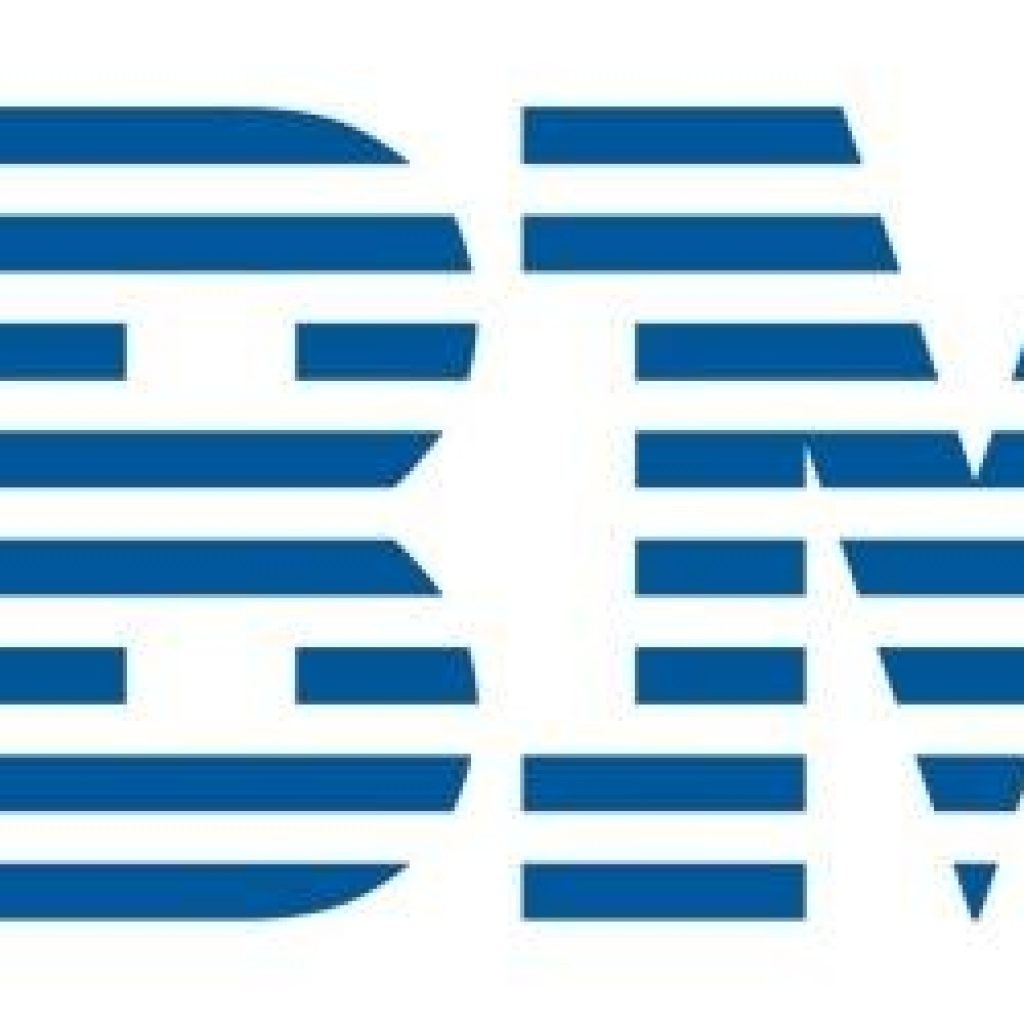(Research.IBM) Quantum computing has grown beyond the realm of advanced graduate school courses — today, high school and undergraduate educators are incorporating quantum concepts into curricula across disciplines. That’s why the IBM Quantum team is thrilled to announce the IBM Quantum Educator Summit August 3-4, 2021; a two-day digital conference aimed at high school and undergraduate educators who want to learn how to start building quantum computing components into their courses.
The IBM Quantum Educator Summit will be a first-of-its-kind experiment in empowering educators to prepare their students for a future with quantum computing. This conference is for undergraduate professors and high school teachers in any discipline who are eager to fit quantum computing into their classes. The summit will center around the math, science, and computer science central to quantum computing, while enrichment sessions will explore other focus areas.
The Educator Summit, however, is about more than just content; it focuses instead on how teachers can include quantum computing in their own curricula. The Educator Summit will answer questions like:
How can I teach my students about quantum algorithms using Qiskit?
What kinds of learning materials are available for physics students, computer science students, or engineering students?
Are there hands-on resources I can use in my courses?
Additionally, educators from around the United States who have long taught quantum computing in their classrooms to share their successes. Attendees will see how students at New York University built a pedagogically friendly model of a physical qubit using off-the-shelf materials; see how the American Association of Physics Teachers prepares teachers with no quantum computing background; and see the work that’s gone into successful lesson plans in multiple classrooms.
Attendees will receive training from IBM Researchers on quantum programming tools such as the IBM Quantum Composer and open-source Qiskit software development kit, hear directly from educators who have already taught quantum computing in their classrooms, receive new curriculum packs and training, explore tools to teach quantum computing in an array of fields, and network with like-minded attendees. We aim to prepare all participants to be able to integrate at least one quantum computing concept into their class, be it through a one-day lesson or a two-week unit, during this upcoming school year.
This conference will be North America-focused, but open globally
